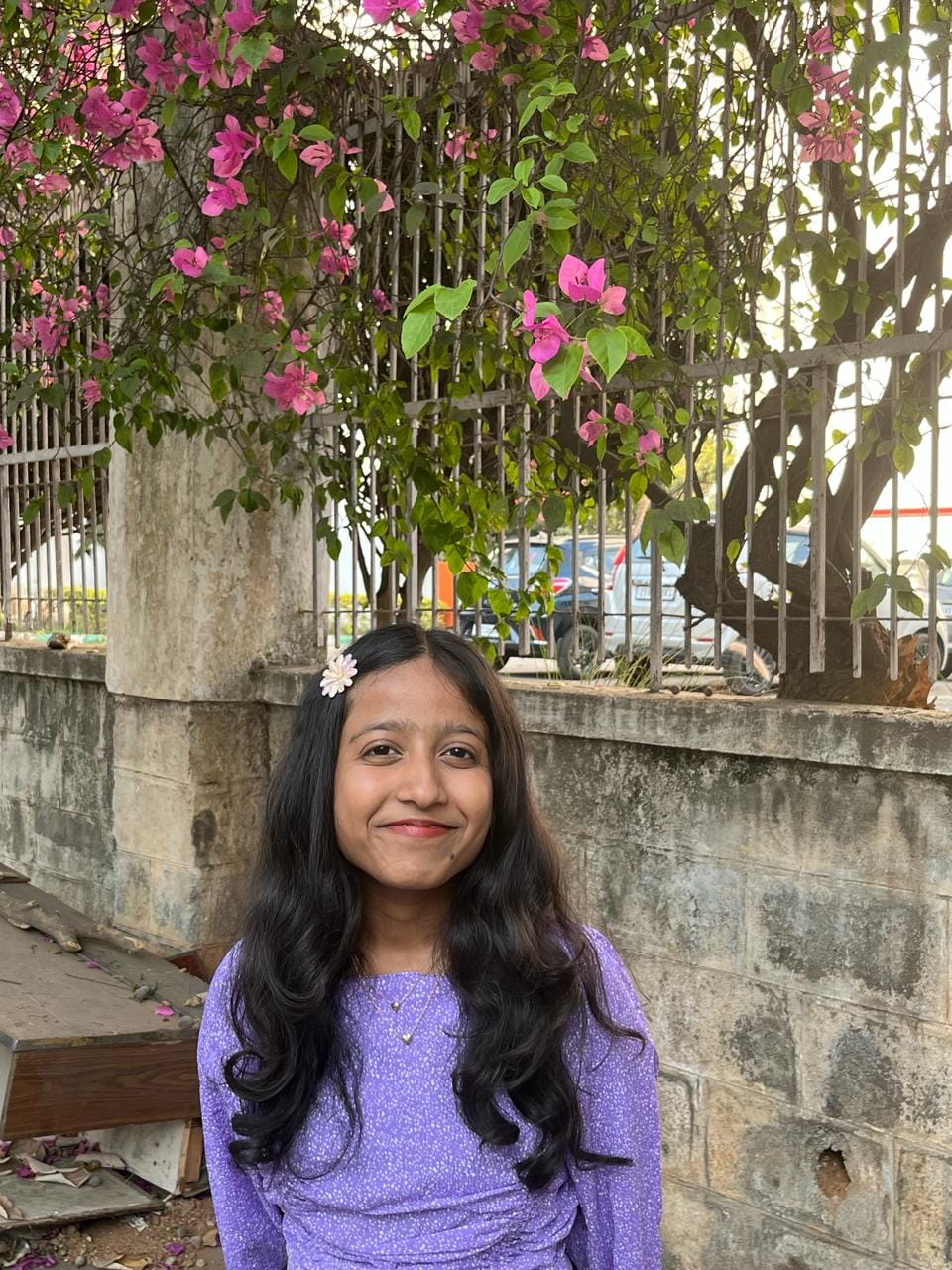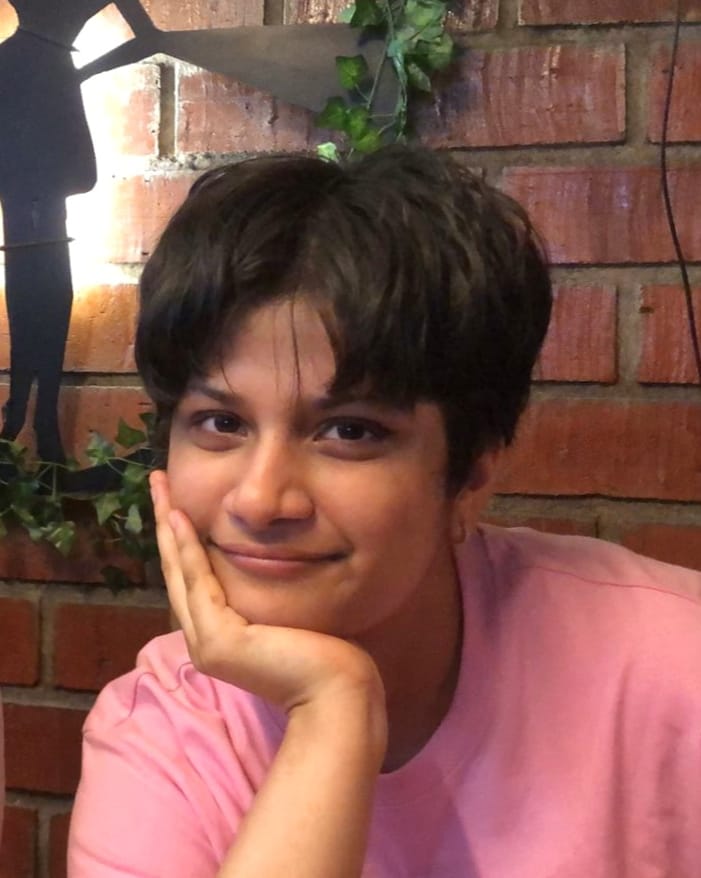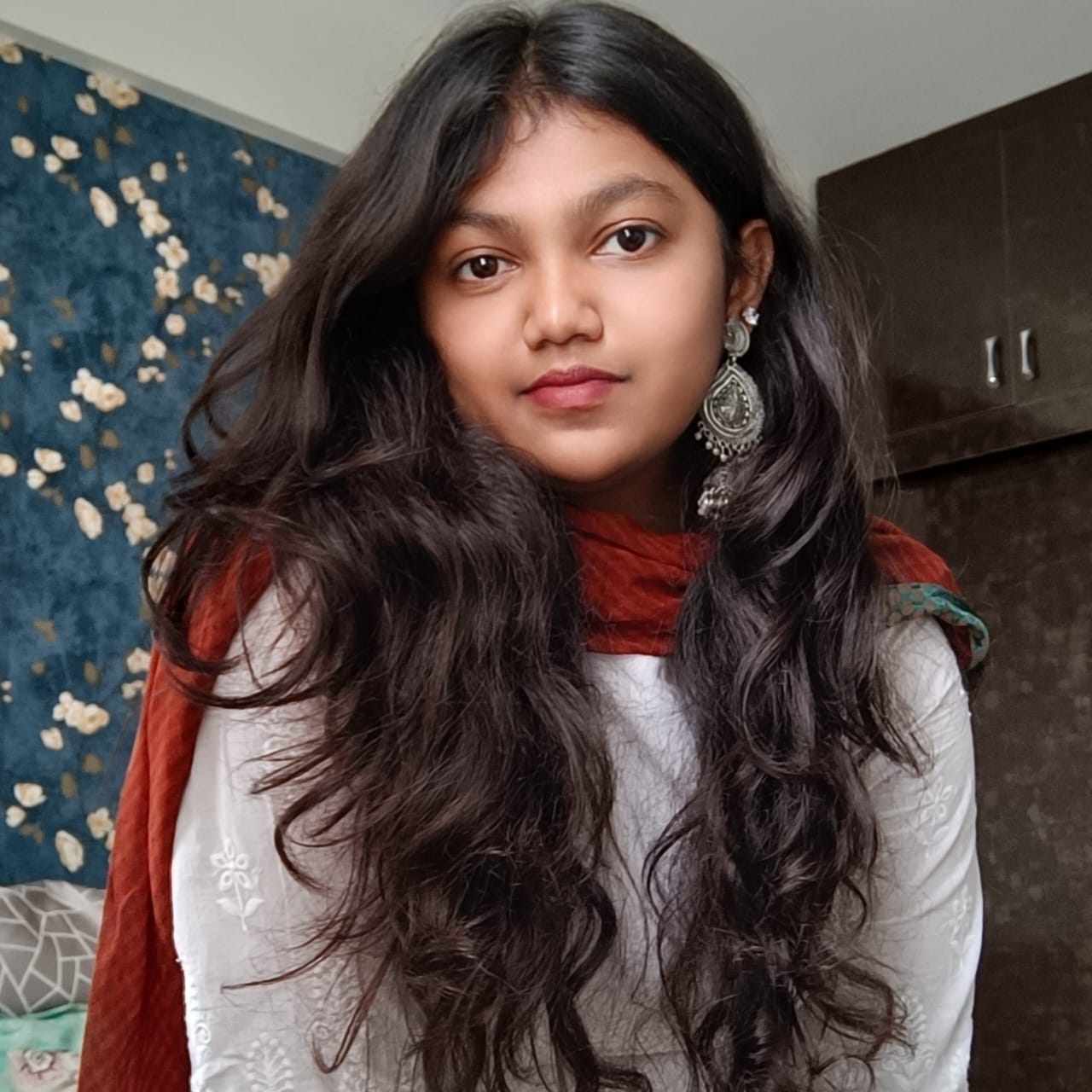Bachpan Ki Baatein: Mental Health Conversations for Kids

Shubhashree k
October 18 , 2024

When you think about your childhood, what comes to mind? Maybe it's playing outside with friends, the smell of your favourite meal cooking, or the excitement of summer vacations. But childhood isn’t always just fun and games, right? Sometimes, even as kids, we have our own worries and stress. School pressures, friendship struggles, or changes at home can all take a toll on their emotional well-being. That’s why mental health for kids is such an important conversation—and we need to make it a part of our everyday lives.
I think one of the most amazing things about kids is how curious they are. They’ll ask the most random (and sometimes tricky) or open-ended questions, but what makes these questions magical is how open their minds are. They're just figuring out the world, and when it comes to emotions and mental health, there’s a lot we can do to help them understand things in a kind and simple way.
Mental health isn’t just something we talk about when we’re older; it’s something that starts with those first moments when a child feels sad, scared, or even super happy. These are all emotions that they’re learning to navigate. So, bachpan ki baatein—tthose childhood conversations—aare the perfect time to start talking about mental health in a way that’s approachable, fun, and, most importantly, human.
Let's get into how we might do this with the kids without making it complicated or scary!

Photo by Vitolda Klein Team on Unsplash
Emotions Are Like the Weather: Sometimes It's Sunny, Sometimes It Rains
One of my favourite ways to explain emotions to kids is by comparing them to the weather. Some days are bright and sunny (yay!), while other days it might rain or be a little cloudy. And that’s totally normal! Just like we can’t control the weather, we sometimes can’t control how we feel. The important thing is knowing that all feelings are okay and part of being human.
When talking to kids about emotions, it’s so helpful to make it visual and relatable. You might say something like, “Today feels like a rainy day, doesn’t it? But just like the rain, it’ll pass, and we’ll see the sun again.” Simple analogies like this help them understand that feelings aren’t forever, and they can learn to deal with them.
Use Simple Words, No Big Scary Terms!
Okay, here’s the thing—wwhen we talk to kids about mental health, we have to make sure we don’t overwhelm them with heavy words. Keeping the language simple and non-judgemental helps kids get the idea without feeling scared or confused.
Also, we’ve all heard people use words like “psycho” or “crazy,” and it’s our job to make sure kids know that these words can be hurtful. Instead of saying, “She’s being a psycho,” you can teach kids to say something like, “She’s feeling really upset.” This shows them that emotions and reactions don’t define a person—wwe all feel big feelings sometimes!
Keep It Neutral and Cool
Kids pick up on everything. If we use intense language, they will too. That’s why it’s important to keep our words neutral when talking about mental health. Instead of saying, “Rahul is battling depression,” you could say, “Rahul has been diagnosed with depression, but he’s working on feeling better.” This way, kids learn that mental health isn’t about fighting a battle—iit’s about understanding what’s going on and getting help.
Neutral language helps kids see that mental health conditions are just one part of a person’s life, and with support, things can get better. It’s not a big scary monster; it’s just something that we take care of, like brushing our teeth or eating veggies (which, let’s be honest, is a conversation in itself with kids!).
Don’t Use “Depression” Lightly
This one’s big. We all feel sad or down sometimes, but depression is different. It’s super important that we don’t throw around terms like “depression” or “anxiety” for normal, everyday feelings. For example, if a kid says, “I’m so depressed because my toy broke,” it’s a great moment to explain that feeling sad is normal, but depression is something much more serious and long-lasting. It helps them respect the gravity of these words and the experiences of people who deal with these conditions.

Photo by Jordan Whitt Team on Unsplash
Talking About Tough Stuff
Let’s not shy away from the tough topics either. Kids might hear about things like suicide or self-harm, and it’s important that we approach these conversations with care. I like to keep things simple and honest. Instead of explaining the full details, you can say something like, “When people feel really, really sad for a long time, they might think about hurting themselves. That’s why it’s so important to talk to someone when we feel down.”
Always let kids know there’s help and hope. And if a sensitive topic comes up, make sure you’re offering a safe space for them to ask questions and express their thoughts. Heart It Out has some incredible resources for these moments, like Help A Friend or Buddy Circle, which can guide you through tricky conversations.
How to Make These Conversations Fun
Talking about feelings doesn’t have to be boring or serious all the time! You can make it fun and interactive. Use stories, draw faces to represent different emotions, or even use their favourite cartoon characters to explain mental health. “You know how sometimes so-and-so gets super angry but then talks to a friend and feels better? We can do that too when we feel upset!”
By turning these conversations into something relatable, we can take the fear out of them and create a positive space where kids feel comfortable talking about their mental health.
Final Thoughts
Mental health isn’t something to be whispered about or only brought up when there's a problem. It should be a regular part of our conversations with kids—just like asking them what they want for dinner or how their day at school was.
By normalizing mental health discussions early through Bachpan ki Baatein, we’re giving the next generation the tools they need to thrive emotionally. And who knows? These small talks today could lead to a healthier, more open-minded society tomorrow.
Wrapping It All Up: The Big Heart It Out
At the end of the day, bachpan ki baatein about mental health aren’t just conversations — they’re tools that help kids build emotional resilience. By using kind, simple, and respectful language, we’re teaching kids that it’s okay to talk about their feelings, and that mental health is just as important as physical health.
So, whether it’s a rainy day or a sunny one, let’s make sure our little humans know that every emotion is valid and that they always have someone to talk to.
“"Children's mental health is just as important as their physical health and deserves the same quality of support." — Kate Middleton”
- Healthy minds lead to brighter futures—let's prioritize children's mental well-being.
And hey, if you ever need help navigating these conversations, Heart It Out has tons of resources and amazing therapists ready to support you and your tiny, curious humans.Taking the first step towards better mental health can be daunting, but you don't have to do it alone. If you need support, reach out to a mental health professional at Heart It Out. They’re here to listen and help you on your journey.
We Heart You!
Keep Reading
Started reading,
found my glow!
New blogs dropping soon – Sign up!
© EmbraceWell. All rights reserved





























